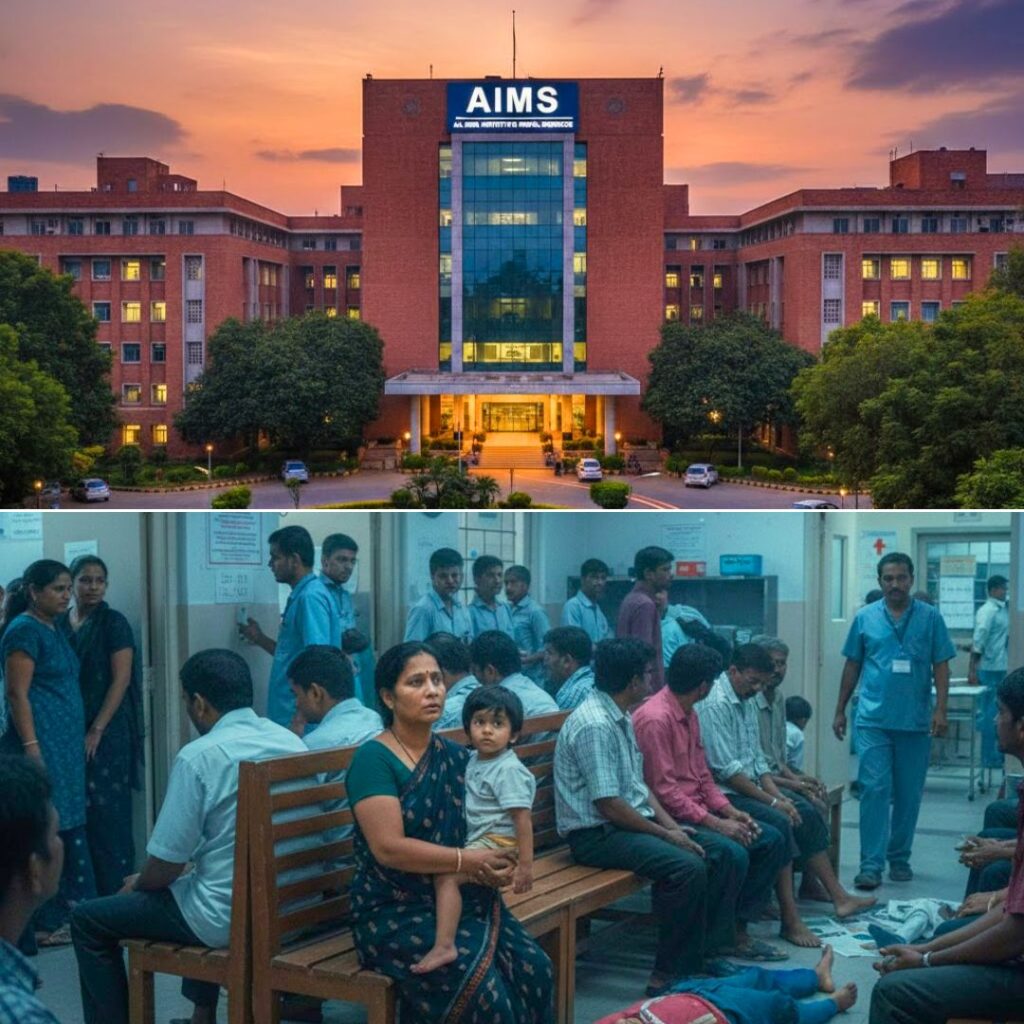Can your medicine determine the sex of your child? There’s an estimate that up to 60% of women in India who have a female child first take sex selection drugs for their second birth.
Couples who do have a strong desire to conceive a male child are often caught in trap webbed by Ojhas or fake pharmacies which claim to help you in conceiving a male child. They promise its customers to provide a medicine in the form of powder, tablets or herbs. To make sure they look genuine they won’t hesitate to link their medicine up with either Unani or Ayurveda practice. Sometimes fake pharmacies claim that they have more than 50 years of research experience in this field and the “Baby boy” birth medicine is the result of such research. They also state their success ratio to lure more customers. Most surprising part is the testimonials provided by the fake people. These fake testimonials attract a large number of potential customers eventually leading to stillbirths, congenital defects in their children.
As the issue is becoming serious, members of the Indian Parliament expressed concern over couples using medicines to a have male child.
Sex-Selection Drugs (SSDs)
These are traditional remedies that Indian women turn to in their desire to have sons. Testing on samples of SSDs revealed the presence of hormones like testosterone and phytoestrogen, apart from herbal ingredients. Herbal medicines contain oestrogen and steroids which is known to cause malformation. Experts revealed that the medicinal plants Shivalingi and Majuphal are also used in illegal trading.
Most of the women are not aware that the sex of a child cannot be changed in the womb, and that they are being scammed. Faith healers and quacks promote the belief that sex of the foetus can be altered after conception and SSDs can ‘guarantee’ a male child.
The drugs are usually consumed six- to ten- weeks after conception. They are promised a male child if they take the remedies – which come in tablet or powder form – following a strict ritual.
Women are told to take the medicines in the morning with cow’s milk while looking at their husband. “These drugs cost anywhere between Rs 250 and 500 and are used by families from different socioeconomic and education levels,” according to an expert.
Image Courtesy: The Times of India
Where are SSDs available?
SSDs are freely available in general stores and chemist shops in Indian villages. These drugs are procured from babas, hakims, sadhus or some elderly person in the communities. Also, drugs sold through underground networks run by rickshaw drivers and midwives, who connect families to sellers. Online shops are also emerging to attract more customers and earn more money by selling illegal SSDs.
What research says?
The study by Drug Safety, an international journal, revealed that pregnant women who are using indigenous medicines with the aim of conceiving a male child are at a threefold risk of giving birth to a child with congenital defects compared to women who did not consume such medicines, reported by Hindustan Times.
The report further said Public Health Foundation of India (PHFI) and National Health Mission, Haryana, looked at a group of 175 children with congenital malformations and another 175 who had no such defect. Their mothers were asked whether they had consumed SSDs during pregnancy. One out of every four mothers with a child having birth defects accepted they had consumed such indigenous drugs available as tablets and powders.
These drugs are responsible for congenital malformations in the children including, neural tube faults- defects of the brain or spinal cord, oesophagus fistula, cleft lip palate, club foot and fused knees, apart from other visible physical defects. Neural tube defects result in paralysis, while oesophagus fistula requires newborn babies to undergo emergency surgery to seal an aperture between the wind and food pipes.
Another study revealed that at least 0.5% mothers have these preparations in the hope of having a male child and if their first child is a girl, the proportion of mothers who use the Sex selection drugs increases to 10%; if the couple has two daughters, it increases to 40%, says report.
According to The Times of India, a research paper presented at Indian Science Congress claimed pregnant women who consumed such medicines or herbs probably ended up damaging the genetic make-up of their newborn babies.
The research paper by Indian Science Congress found out that chromosomal abnormalities were present in 69 (66%) of the 104 children who were born with mental challenges. Further, parents of 14 of these children revealed that the mothers had consumed traditional herbs and medicines for a period of up to two months during the first trimester of pregnancy. Incidentally, all 14 were male children whose parents did not have any chromosomal abnormality.
Geneticist Archana Verma, who presented the paper at the Women’s Congress, said “We have excluded all ot…











